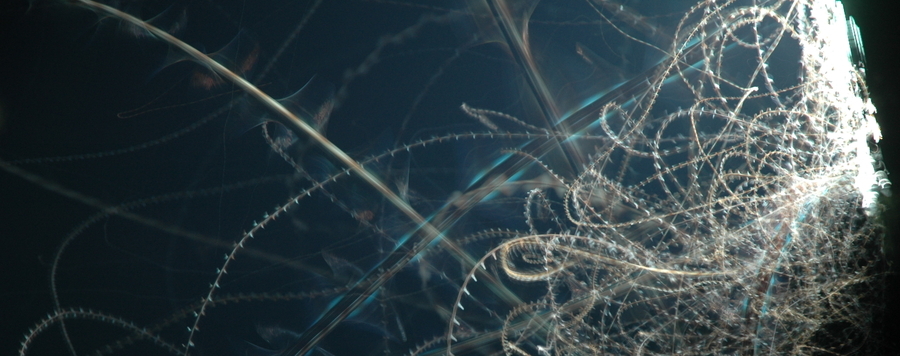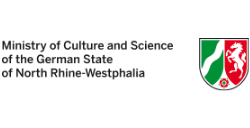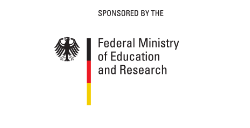Quick facts
Project title:
BALIN: Insect conservation at railway stations through insect friendly lighting
Description
The project is located in the field of action of light pollution of the German Federal Government's Programme on Biological Diversity. Railway stations in Germany are regularly illuminated to ensure safety, orientation on the railway premises, compliance with accessibility requirements and prevention of vandalism. The lighting is subject to strict requirements that must be met at all railway stations in Germany. The focus here is primarily and logically on compliance with operational and traffic safety. The effects of lighting on the environment have so far hardly been taken into account in the underlying guidelines. Possible effects of approved station lighting on insect diversity have not yet been investigated. Consequently, there are no recommendations for action or binding guidelines for insect conservation.
The aim of this applied research and development project is to collect data on the effects of different types of lighting in railway stations on insect diversity. The aim of the project is to study what pull effect the lighting used at railway stations so far has on insect diversity in the night hours, adjacent to nature conservation areas or FFH areas (NATURA 2000), and what measures can be taken to reduce the possible impact on insects. The Westhavelland Nature Park was favoured as the setting for the study. This nationally recognised large-scale protected area was the first German star park to be recognised by the IDA (International Dark Sky Association) in 2014, and initial experience has already been gained on the topics of light pollution, retrofitting of municipal street lighting, energy, resource and insect conservation. The results from the first interdisciplinary research project "Loss of Night" on the topic of light pollution, which were collected by the Institute of Freshwater Ecology and Inland Fisheries Berlin (IGB) in the Westhavelland Nature Park from 2010 to 2014, can also be used. In this way, a contribution is to be made to effective insect conservation in Germany.
Measures such as the use of alternative light sources with a different light colour (currently 4000 K is used), different spectral distribution, the use of motion detectors and dimming devices as well as better shielding of the lights are intended to reduce the attraction effect of railway stations on insects. In order to check the effect of these station conversions on insect diversity, monitoring is being carried out. Areas of the stations with current lighting will be compared with retrofitted areas of the stations in terms of their insect attraction. Insect cross-window traps can be used to examine the number and diversity of insects attracted. Six railway stations in the Westhavelland Nature Park were chosen as the study area, as it is assumed that in this rather dark region (star park) the effect of station lighting on insects is great.
If the results show that the retrofitting of station lighting has a reduced attraction to insects, these findings will be incorporated into the guidelines on station lighting by Deutsche Bahn, so that they can be taken into account in future (re)construction and renovation measures. In this way, the knowledge gained about insect-friendly lighting will have a nationwide impact. Comprehensive public relations work accompanying the project will also ensure that the topic of the possible negative impact of lighting on insect diversity and the possibility of actively improving it is improved and sharpened both in the general population and among those responsible for construction and maintenance in the railway sector.
More Information about the project can be found here: www.projekt-balin.de and on the webpage of the Federal Program on Biological Diversity
Location







